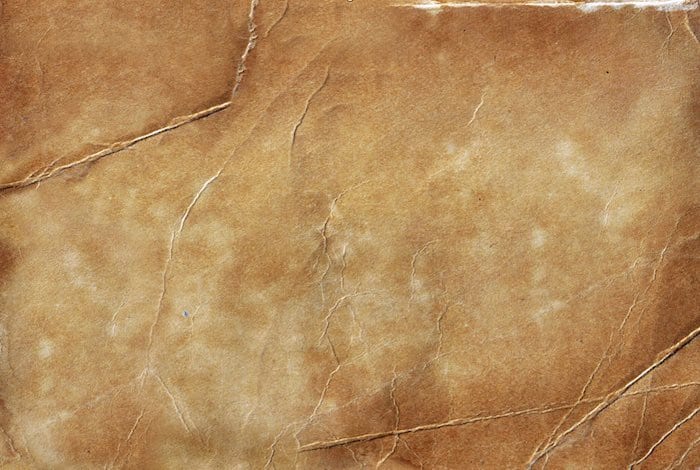Lessons from Osler 005
The Necessary Evil of Examinations
In two weeks the next flock of lambs to the slaughter climbers on the biannual ascent of an educational Everest will be taking on the ACEM Fellowship Part II exams. These happy few are the fortunates who have already overcome the perils of the written examination, and must now stand face-to-face with their examiners for the clinical component.
Even Osler agreed that exams were something of a menace to the true student of medicine:
Perfect happiness for student and teacher will come with the abolition of examinations, which are stumbling blocks and rocks of offense in the pathway of the true student.
William Osler. “After 25 years” Aequanimitas. 1932:202
Perhaps this is because no examination can be passed by knowing the subject matter alone. One must also master the ‘hidden curriculum’, the unwritten rules of engagement. Only the foolish, the preternaturally brilliant, or the interminably lucky dare remain ignorant of these invisible hurdles. As such, a great deal of effort must be spent, not only learning about how to care for patients and the manifestations of disease, but about how to pass the quiz. Of course, knowing how to play the game is, in itself, not enough. One must find a way to acquire the necessary knowledge. For this, we must embrace what Osler has called the Philosopher’s Stone, that which turns base lead into gold, his Master Word: Work.
With too many, unfortunately, working habits are not cultivated until the constraining dread of an approaching exam is felt, when the hopeless attempt is made to cram the work of two years into a six month’ session, with results only too evident to your examiners.
William Osler. Introductory Lecture on the Opening of the Forty-Fifth Session of the Medical Faculty, McGill University. 1877. Canada Medical and Surgical Journal 1877;6(5):193-210 [Original PDF]
For all the sweat and tears that these perilous stumbling blocks extract, they are not without purpose. Examinations are an undeniable spur to action. They force us to investigate our deficiencies and expose our many weaknesses. When done as part of perfect preparation, we may be strengthened in time for the test, as well as for the rest of our careers.
I do not know of any stimulus so healthy as knowledge on the part of the student that he will receive an examination at the end of his course. It gives sharpness to his dissecting knife, heat to his Bunsen burner, a well worn appearance to his stethoscope, and a particular neatness to his bandaging.
William Osler, from an address to medical students at the University of Pennsylvania, 1885.
So, ultimately, we must accept that examinations are necessary. Offensive rocks though they may be. Yet we do well to remember that examinations are just the toll gates at which we must all pay our dues as we embark on an endless journey. An endless journey in search of mastery in medicine.
In its subject matter there is everything in its favour, and it is the easiest possible thing to carry out John Locke’s primary canon in education — arouse an interest… It is hard to name a dry subject in the curriculum. And yet in an audience of medical students such a statement nowadays raises a smile. Why? Because we make the examination the end of education, not an accessory in its acquisition. The student is given early the impression that he is in the school to pass certain examinations, and I am afraid the society in which he moves grinds this impression into his soul.
William Osler, from “An Introductory Address on Examinations, Examiners and Examinees“. Lancet. 1913; 182(4701):1047-50.
If the license to practise meant the completion of his education how sad it would be for the practitioner, how distressing to his patients! More clearly than other the physician should illustrate the truth of Plato’s saying that education is a life-long process.
William Osler. “An address on The Importance of Post-graduate Study.” Lancet. 1900;156(4011):73-75
LITFL Further Reading
- Lessons from Osler 001 – Work, the Master Word in medicine
- Lessons from Osler 002 – Fun and a sense of humor
- Lessons from Osler 003 – the art of observation
- Lessons from Osler 004 – treat the patient, not the disease
- Lessons from Osler 005 – Why examinations are necessary
- William Osler: Oslerisms
- Sir William Osler (1849 – 1919) the history of Osler nodes and ephemeral Oslerisms

eponym
the person behind the name
Chris is an Intensivist and ECMO specialist at The Alfred ICU, where he is Deputy Director (Education). He is a Clinical Adjunct Associate Professor at Monash University, the Lead for the Clinician Educator Incubator programme, and a CICM First Part Examiner.
He is an internationally recognised Clinician Educator with a passion for helping clinicians learn and for improving the clinical performance of individuals and collectives. He was one of the founders of the FOAM movement (Free Open-Access Medical education) has been recognised for his contributions to education with awards from ANZICS, ANZAHPE, and ACEM.
His one great achievement is being the father of three amazing children.
On Bluesky, he is @precordialthump.bsky.social and on the site that Elon has screwed up, he is @precordialthump.
| INTENSIVE | RAGE | Resuscitology | SMACC
